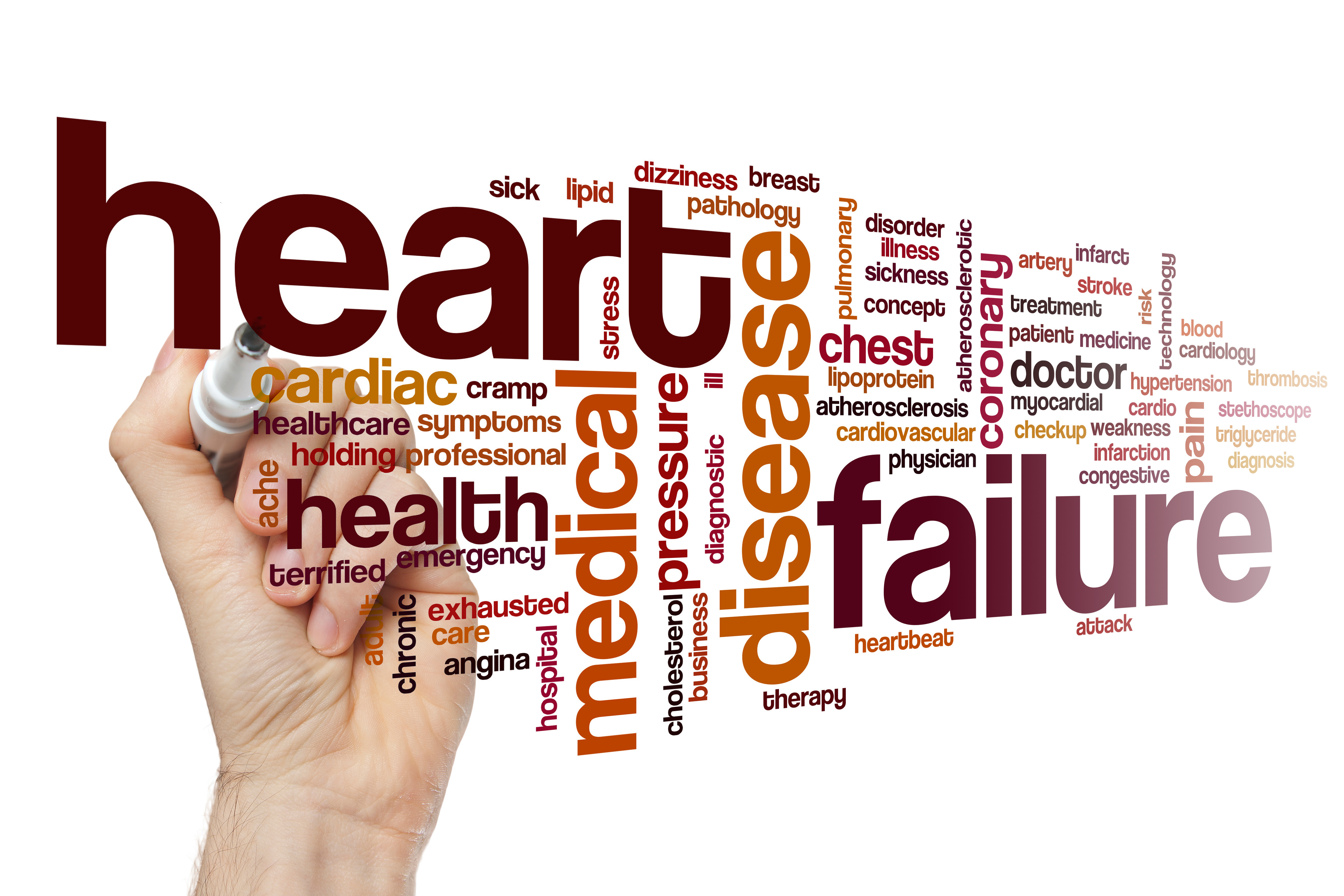
Chronic Heart Failure and Incontinence
Chronic heart failure is a condition in which the heart is unable to pump blood effectively. This can lead to a number of symptoms, including shortness of breath, fatigue, and fluid retention. In some cases, chronic heart failure can also cause incontinence. Incontinence is the involuntary leakage of urine or feces. It can be a difficult symptom to deal with, but there are treatments available
There are two types of incontinence that can be caused by chronic heart failure: urge incontinence and overflow incontinence. Urge incontinence is the most common type of incontinence associated with chronic heart failure. It occurs when the bladder muscles contract too frequently or too forcefully. This can happen because the high levels of circulating hormones in chronic heart failure can cause the bladder muscles to become overactive. Overflow incontinence occurs when the bladder is unable to completely empty. This can happen because of blockages in the urinary system or because of nerve damage caused by chronic heart failure.
Incontinence can be a difficult symptom to deal with, but there are treatments available. Some treatments for incontinence include medication, changes in diet and lifestyle, and surgery. Medications that are commonly used to treat incontinence include anticholinergics and beta-blockers. Anticholinergics work by relaxing the bladder muscles and reducing urine production. Beta-blockers work by reducing nerve impulses to the bladder muscles. Changes in diet and lifestyle that can help reduce incontinence include eating less food and beverages that contain caffeine and alcohol, losing weight if overweight, and quitting smoking. Surgery is typically only recommended if other treatments have failed. Surgery options for incontinence include artificial urinary sphincter placement and sacral nerve stimulation
If you have chronic heart failure, you may be at risk for developing incontinence. Incontinence is the involuntary leakage of urine or feces and it can be a difficult symptom to deal with. There are treatments available for incontinence, including medication, changes in diet and lifestyle, and surgery. If you are experiencing incontinent episodes, talk to your doctor about treatment options.
 Incontinence Supermarket | Incontinence Products
Incontinence Supermarket | Incontinence Products